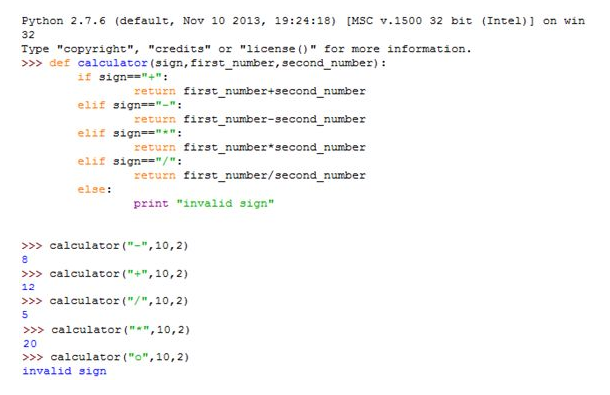Every function in Python receives a predefined number of arguments. It is possible to declare functions which receive a variable number of arguments. In high level programming, it is often required to define functions that can take more than one argument.
The format of the multiple arguments function is as follows:
def function_name(first_arg,second_arg,third_arg):
#use all the arguments to accomplish the task
If you have understood the basics of function, then functions with multiple arguments should not be a problem for you. The following is an example of a function with multiple arguments.

How to use variable length argument lists in Python.
The special syntax, *args and **kwargs in function definitions is used to pass a variable number of arguments to a function. The single asterisk form (*args) is used to pass a non-keyworded, variable-length argument list, and the double asterisk form is used to pass a keyworded, variable-length argument list.
Related Page: Python Variable Types